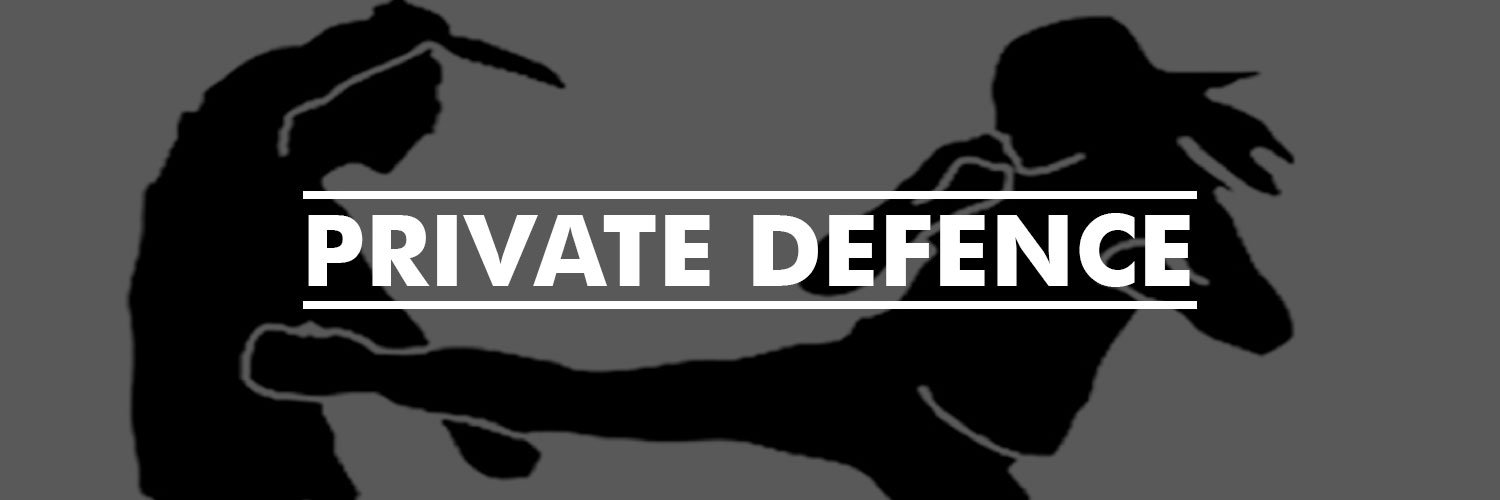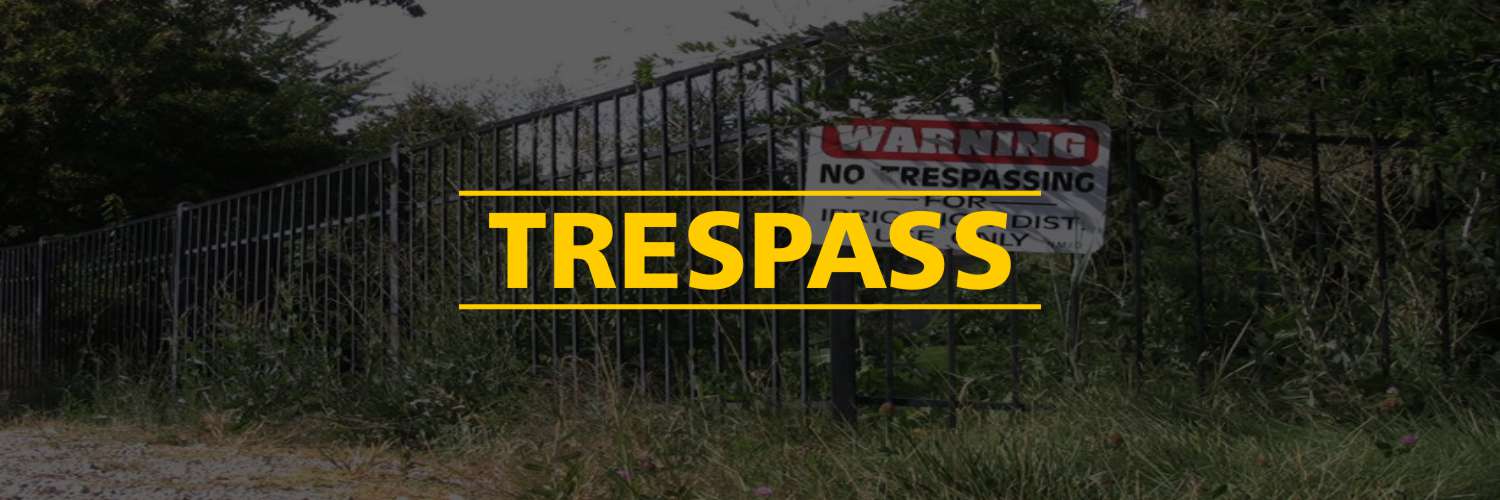Nuisance means unlawful interference with the use or enjoyment of land of another. A Person’s any act which leads to the disruption of the right of use of property enjoyed by another constitutes nuisance. Nuisance can be in many ways unjust noise, vibrations, disrupting sunlight, bad fumes all amount to nuisance. To amount nuisance there should be continuing wrong a single incident of escape is not actionable.
There is a difference between nuisance and trespass, trespass is direct physical interference with the land in possession of another, whereas nuisance amounts to indirect interference with the enjoyment of land of another by some action. Nuisance and trespass may be similar at some point but there still nuisance is different
For example: Planting a tree in someone else land is trespass but when branches of the trees planted in your land extend to another it amount to nuisance.
Nuisance is of two types:-
- Public Nuisance – It is interference of the right of the public in general terms. Public nuisance is a crime. A nuisance is termed as public nuisance till it does not affect the individual directly, if it has affected the individual in the way that no other had been affected then only it can be perused as civil wrong if not then it is nuisance for public in general and cannot be tried by an individual; special damage has to be proved for the case of public nuisance to be filled in court.
- Private Nuisance – Private nuisance is civil wrong, it means disruption or interference of the right of enjoyment of property of a person. Private nuisance can be individually tried by a person; private nuisance always amounts to special damage to a person by the acts of another.
Essential Elements to Constitute Private Nuisance
- Unreasonable Interference – To constitute nuisance the interference should be unreasonable, reasonable interference cannot amount to nuisance. A person doing unreasonable activity which constitutes to nuisance cannot claim the defence of public good. Nuisance can also be stopped before it even happens, it was recognized by the court of law that matter which is likely to cause nuisance but has not caused any nuisance yet can be tried and brought to court. Nuisance is always checked by how a certain act would affect a reasonable man in that situation, if a person is sensitive to a certain activity he cannot claim for nuisance. In case the plaintiff is sensitive in medical context or nature of his trade is something that is sensitive even the he cannot claim for nuisance.
In the case of Robinson V. Kilvert the plaintiff warehoused brown paper in a building. Due to the heat generated by the defendants in the lower floor, value of goods of plaintiff diminished. The loss was due to the extreme sensitive nature of trade of plaintiff and it was held it was no nuisance because it was due to the sensitivity of plaintiff.
Also if the act done by the guilty party are in law but are intended to disturb or disrupt the plaintiff then it is considered as nuisance. For Example:- If a person A calls B unnecessary with motive to disturb him it is considered as nuisance, no doubt calling someone is a legal right but calling someone to disturb them is malice and would amount to nuisance.
- Interference with use or enjoyment of land – unauthorized interference with land of another by tangible or intangible object, which causes damage to the property of another it amounts to nuisance. For example – Suspension of branches of tree over the property of another, vibration fumes etc. For nuisance there needs to be some kind of interference to the land or health.
It is mandatory to support the land of another; a person cannot commit an action by which he may remove the support to the land of another due to which the structure over the building may be affected. If such support is removed it will amount to nuisance. But providing support to the structure of another is not mandatory, removing such support would not amount to nuisance. In case, the support has been given to structure for 20 or more years then removing such support will be nuisance, or if the person has acquired the certificate of prescriptive right to support then also it will amount to nuisance.
To better understand this puzzlement case of Stroyan V. Knowels can be consulted. In this case the defendant owned a mining company and plaintiff owned a factory adjacent to it. Due to the mining activities of the defendant he withdrew the support of land from the plaintiff by digging in further and the factory had not contributed to the same, hence support of land was withdrawn and it was held that due to activities of defendant support of land to plaintiff was withdrawn, and defendant was held liable.
For Injury of health to constitute there should be a major cause, a minor incident cannot be enough to amount nuisance also if the nuisance is due to sensitivity of plaintiff then also it is no nuisance. The injury to health is decided generally on the level of comfort at that particular time and place, as what will be the level of comfort for an ordinary prudent man, not on the level of comfort of plaintiff.
- Damage – Nuisance is not actionable per se; special damage has to be proved in nuisance. In public nuisance special damage has to be proved but in private nuisance court will presume it.
Projections on the highways by object like sheds etc. would not amount to nuisance unless special damage is proved.
Defences in Nuisance
- Prescriptive Right to Commit Nuisance
A person may obtain a prescriptive right to commit nuisance if he has been committing it continuously for 20 years or more, then the person will be deemed to obtain a prescriptive right to commit nuisance and law cannot stop them on committing so.
Or a person can obtain a legal right by prescription to continue the nuisance from the affected person, similarly in this case also prescriptive right is obtained and plaintiff cannot bring any action thereafter.
- Statutory Authority
If an act done is according to statute there is no liability on the defendant to justify their action, there is no liability for such actions under law of torts. It may amount to nuisance but it will not be actionable, as the power vested in them to commit so is by statute.
So Indian Law guarantees this that no person has the right to interfere in the right of enjoyment or use of land of another, remedies like injunction and compensation are available with court satisfying the plaintiff if he is true.








